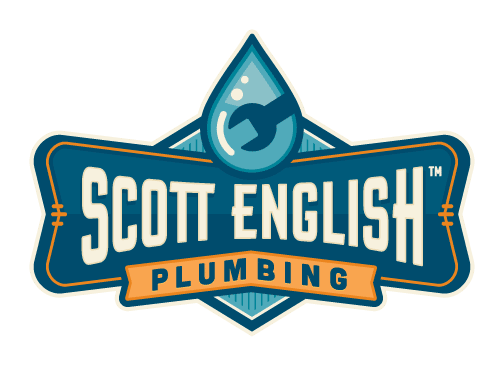4 Reasons Why You Shouldn’t Flush Wet Wipes Down the Toilet

Have you ever stopped to think that maybe some of your plumbing problems are caused by wet wipes being flushed down the bowl? In some instances, they can cause damage that can reach more than $1,000 to repair.
What about wet wipes that manufacturers claim to be safe for flushing? Well, that may be so, but the reality is that these types of wipes can pose real danger to your home plumbing system when flushed regularly. What are the other reasons why you shouldn’t flush wet wipes down the drain?
1. They Don’t Break Apart
Although most of us would assume that wet wipes disintegrate once we flush them down the toilet, the reality is that they almost never do. The problem is not actually whether the wet wipes will flush down the toilet. They may go down the toilet just fine, without the need for plunging or anything. The problem comes later on, when the wipes move through your sewer system. Unlike toilet paper that usually breaks apart in about 24 hours or so, wet wipes will remain virtually imperishable even when flushed down the bowl.
Many plumbing experts would attest to the fact that wet wipes have been found intact within drain pipes even months after being flushed. More importantly, because they do not break apart, they form a massive buildup that results in the clogging of drain lines and eventually backed up plumbing systems.
In one test, wet wipes were placed in a blender for 10 minutes. Would you believe that they remained almost intact even after being subjected to such procedure? So then what is the best way to dispose of wet wipes? Throw them into the garbage bin. If the trash bothers you, try buying a small can with a lid that seals, and line it with a scented bag. This is much easier and less expensive than calling a plumber to clean out your sewer.
2. Fatberg Effect
What is a fatberg? This is a condition wherein the wet wipes combine with the fat, grease, and other dirt trapped in the pipes creating an iceberg-like formation. These formations create huge clogs in plumbing pipes and drains. You may be surprised to know that fatbergs can be 10 feet long or sometimes even longer and weigh more than 100 pounds.
Fatbergs can be regularly found in homes, and result in thousands of dollars’ worth of plumbing repairs. The smaller variants of fatbergs are known as softball clogs and can be equally destructive just like flushing a softball down the toilet.
3. Wall of Wipes
How old is your home? Chances are, the older your home, the more fragile your plumbing system is. This means that many of your pipes are already corroded and brittle. It is not surprising that your drain lines are full of small holes or have become home to tree root infestation. Many older sewer systems are built of clay, concrete, iron pipes, or Orangeburg. All of these materials are very susceptible to the growth of tree roots. Roots may begin to grow into the sewer system at the joints, and then they spread, forming a web throughout the pipes. Things that pass through the pipes will get caught in the roots.
Since this wall prevents anything else from reaching the sewer system, a professional plumbing service would have to be called in to fix the problem. This is why it is important to get regular plumbing inspection services if you have old home plumbing systems.
4. Sewer System Damage
In the event that the wet wipes you flushed do not get caught up in the pipes or create blockage and would reach the sewer system, it can still create some damage. It can cause havoc to your home septic system as well as the sewer system of the city.
Why? Because instead of clogging up the drain lines, it now causes a blockage within the septic tank. The result would be backed up sewer that can come into your home through your sinks, drains, bathtub, and other openings that are directly connected to the home septic system.
The cleanup alone would cost thousands of dollars, excluding potential plumbing toilet repairs. When the blockage becomes extremely bad, you may even have to replace the septic system of your home. So the best way to avoid this scenario is to make sure that you don’t flush wet wipes – ever!
Even if wet wipes make it through the sewer system without causing a problem, they can create problems when they arrive at the sewage treatment plant. The industrial grade pumps there can be damaged and overheat because of those fibrous wet wipes. Every time that happens, taxpayers have to foot the bill for the pumps to be repaired or replaced. You won’t be surprised to learn that those pumps aren’t cheap.
If you are faced with plumbing problems caused by wet wipes or whatever reason, call on the experts at Scott English Plumbing to help you get the right solution immediately!
